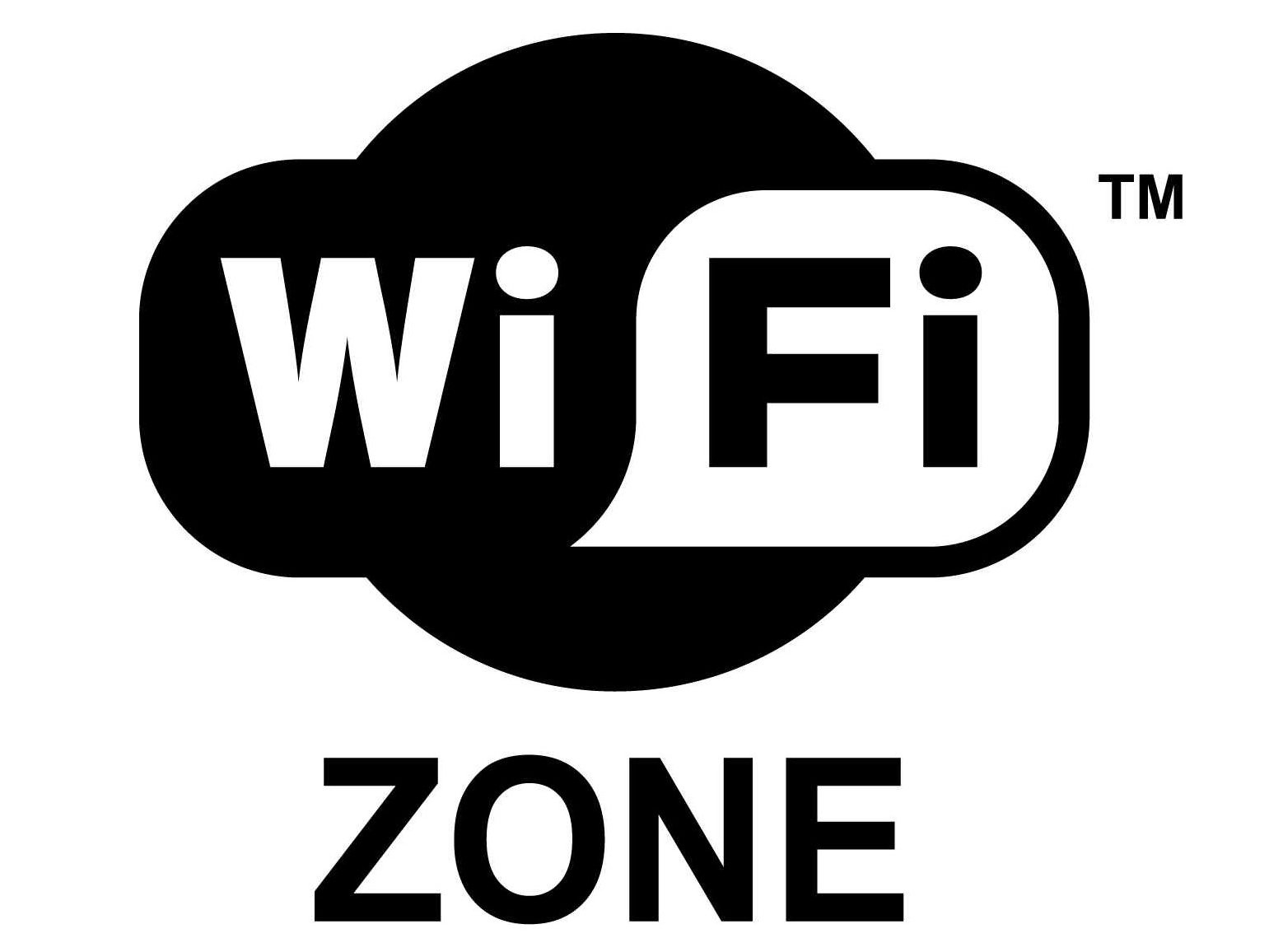Brown earmarks £300m to get UK poor online
Boris Johnson and the conservatives pooh-pooh the idea, unsurprisingly

The government will spend £300m so that the poorest families can connect to the internet at home, in a move welcomed by teachers and parent groups but questioned by the opposition.
Prime Minister Gordon Brown has promised that poorer families will receive £700 to get online access at home, in a bid to ensure all children have access to the internet.
Christine Blower, acting General Secretary of the National Union of Teachers (NUT), said of the initiative that "Every youngster should have an equal start in life… Web 2.0 is a fundamental part of lives [and] must be made available to all. Students who rely on computers cannot be expected to go to the library or a friend's house for access."
Who pays for broadband?
Of course, there is the issue of ongoing broadband fees to be addressed, as well as some further action from government in terms of how it plans to encourage proper educational use of computers in the home. Providing equipment is one thing. Encouraging positive educational uses of that equipment is another thing entirely.
Philip Parkin, general secretary of teachers and childcare staff union Voice, notes that: "The scheme must be sustainable. One-off funding – found by robbing Peter to pay Paul – will not last" and reminds Mr Brown that "there are still rural areas without broadband access."
Shadow children's secretary Michael Gove (unsurprisingly) claimed that the move was "a policy that was already announced six weeks ago… and first announced in January 2007, before even Gordon Brown became prime minister."
Sign up for breaking news, reviews, opinion, top tech deals, and more.
He added that: "This government's record in handling huge IT projects hardly commands confidence."
London to become Wi-Fi City
Meanwhile, in the capital, Mayor Boris Johnson has pledged that London is to become "a wi-fi city", a nice soundbite he threw out in a BBC Radio London interview in which the foppish one dismissed the Prime Minister's promises as "a bit like a desperate bribe."
"What we need is a city where anywhere you go, you can log on, you can get on the web," said Johnson. "They've done it in other parts of the world; why on earth can't we do it?"
A nice idea Mr Johnson. Now can we see some concrete plans and budgeting and the like, to see EXACTLY how to plan to make it happen, before we start getting too overexcited…
